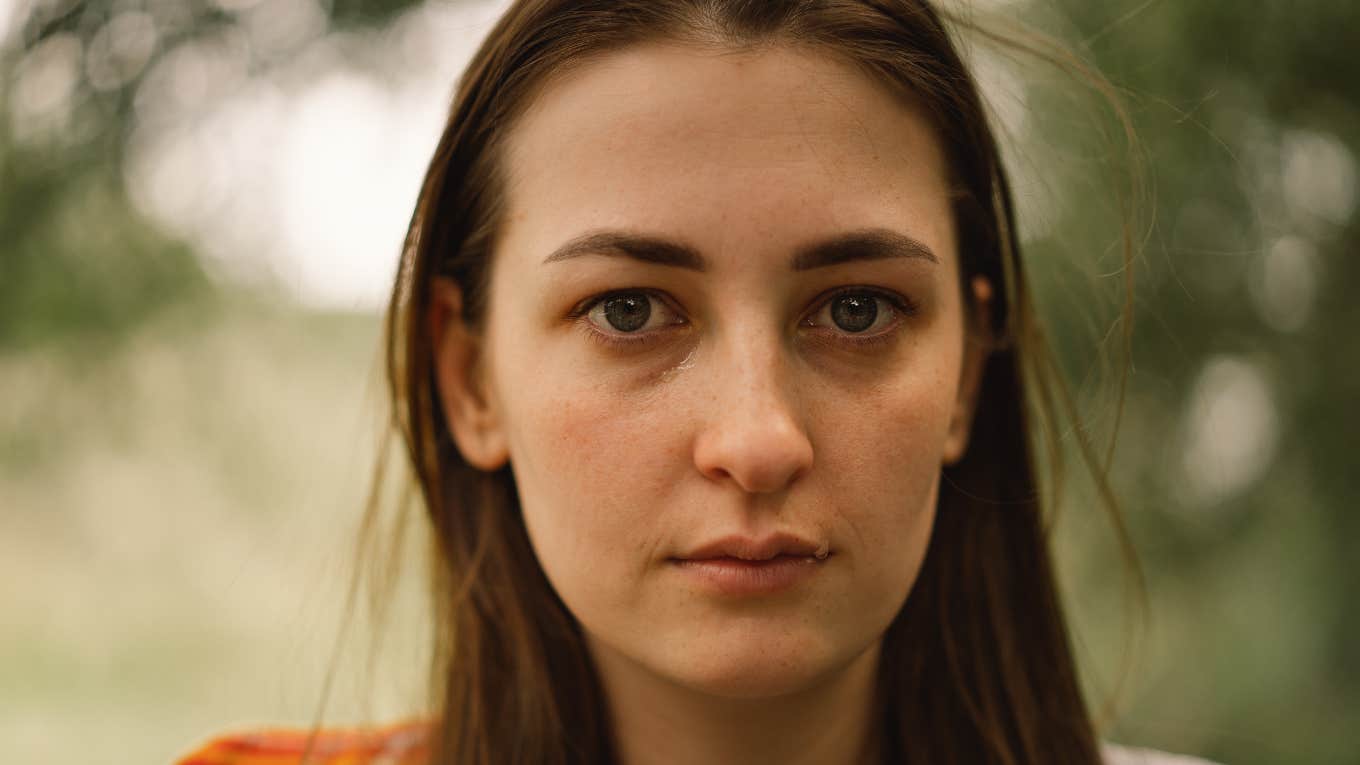Former Addict Says She Was A Victim Of Body Brokering, An ‘Evil Type Of Healthcare Fraud’ Preying On The Struggling
"I’m literally so lucky that I made it out of there alive."
 Nastyaofly | Shutterstock
Nastyaofly | Shutterstock “I was a victim of body brokering also known as medical trafficking from 2016 to 2018 in South Florida,” content creator Quinn Harlow began a recent video. “It's a really dark world that I don't think a lot of people know about so I just wanted to talk about my experience and spread awareness.”
The former addict shared how she was a victim of body brokering, an 'evil type of insurance fraud' that preys on those struggling.
499 Recovery describes body brokering as "an unethical and illegal practice where individuals, known as body brokers, receive financial incentives for referring patients to specific addiction rehab centers. This process involves ‘selling’ patients to these centers, often without regard for the quality of care the patients will receive.”
Quinn further described body brokering as “a really evil type of healthcare fraud used by unethical treatment facilities to take advantage of people struggling with addiction,” noting that it frequently occurs in South Florida, from West Palm to Miami.
Body brokers exploit struggling patients' insurance.
Quinn explained that body brokers look specifically for addicts with good insurance to recruit. "If you don't have good insurance, if you don't have a good PPO, then you're not worth anything to them," she said. "But if you do you're like gold."
So-called "recruiters" are paid $500 to $5000 "per head" by deceitful detox centers and rehabs. “The reason they're getting paid so much money,” Quinn added, “is because the detoxes are charging the insurance companies 60, 70, 80 thousand dollars a week for these patients to be there.”
Since her mom was a New York State teacher and she was still on her parents' "top tier" insurance, Quinn was an ideal target.
The treatment centers do not help addicts get clean because it does not benefit them.
The programs exploit the patients' insurance coverage, performing unnecessary tests to maximize payout. If an addict successfully gets sober, the body brokers and treatment centers cannot make any more money off of them, therefore, they are incentivized to keep people struggling and addicted.
“Most of these rehabs again weren't really setting you for success or giving you tools to stay sober because it's in everyone's best interest for you to just keep relapsing and keep going through this money-making machine,” Quinn said.
She went on to describe her own experience as a victim of body brokering, admitting that, despite going to detox 15 to 20 times, she didn't learn anything about recovery in these programs. Rather, she was given medication and repeatedly exploited.
“There were dealers who would just sit outside of the halfway houses, just waiting for vulnerable people,” she continued. “It was like there were vultures just sitting all around us … just trying to make money off of this disease that was killing us.” She added that the centers took her belongings and phone away, leaving her trapped without the ability to contact her loved ones for help.
Once in these programs, it's dangerously easy to get sucked into the Florida Shuffle, constantly moved around to different treatment centers, detoxes, and halfway houses so that body brokers can get their kickbacks.
Quinn shared her story to bring awareness to the dangers of body brokering and the corruption of the rehab industry.
“I’m literally so lucky that I made it out of there alive. I think about it all the time,” Quinn said. “I saw so many people pass away, it felt like it was like a weekly thing when I was down there.”
She noted that many young people’s parents send them to such programs to get clean, unaware of the hidden dangers. As such, she wants to spread awareness of the issue and hopefully keep others from falling for the same schemes.
Sylvia Ojeda is an author with a decade of experience writing novels and screenplays. She covers self-help, relationships, culture, and human interest topics.

